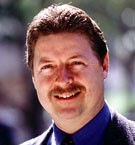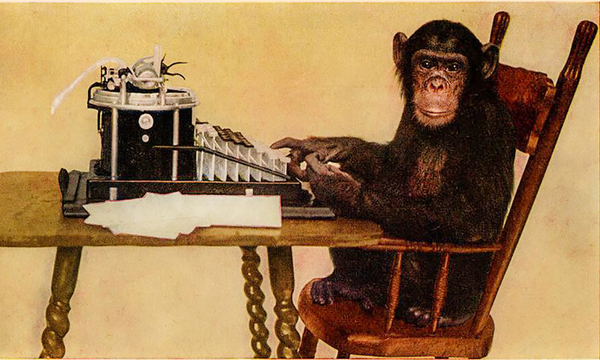Here are some words of exhortation that have special application to the events and conditions of our present tumultuous age:
At a time like this, when the principles of depravity operate with so much violence, as to throw the world into a state of high fermentation; when the scum of human society, and the dregs of corruption, are thrown up to public view; when the sense of moral rectitude is so lost, that even this scum and these dregs, instead of being seen with abhorrence, have become objects of public admiration; when so many false doctrines are advanced, and infidelity, libertinism, vice and impiety make such a bold stand against truth and righteousness; when the judgments of God are collecting from almost every quarter, and bursting on the earth from almost every direction; when the last plagues designed to exterminate the mystery of iniquity are poured out; when revolutions, greater than have ever taken place in the world, are apparently at hand; at a time like this, how necessary the study of the Christian Religion! Danger seems increasing every moment: caution should keep pace with it. But whence, in this eventful day, can we draw the principles of caution, prudence and wisdom, if not from the Gospel of Jesus Christ? And can we with diligence seek these principles, and with confidence exercise them, unless we have firm faith in the truth of our Holy Religion?
This is from the authorÔÇÖs preface to William BeauchampÔÇÖs classic work Essays on the Truth of the Christian Religion, published in 1811. Beauchamp was born on April 26, in 1772. He died in 1824. . Others born in 1811 include:
- Horace Greeley
- Robert Bunsen
- Henry James, Sr.
- Harriet Beecher Stowe
- William Makepeace Thackeray
- Franz Lizst
1811, and those leading up to and following in succession, was a year of worldwide unrest and disillusionment. Not unlike our own times. The first decade of the century marked the unofficial end of the Enlightenment. Thomas JeffersonÔÇÖs presidency ended in 1909. He was succeeded by James Madison, who would preside over the War of 1812. This did not go well; the British would set fire to the White House in 1814. Charles DarwinÔÇÖs grandfather, Erasmus Darwin (1731-1802), had published his famous work Zoonomia from 1794 to 1796. The mood began to shift gradually toward those doctrines of natural selection and survival of the fittest that would be make the grandson famous some fifty years later. But the spirit of evolution was not strong or threatening enough to elicit treatment in BeauchampÔÇÖs apologetic. There were notable advances in culture. To name just one, Beethoven was hard at work composing his symphonies.
 51┬▄└˛
51┬▄└˛


.jpg)
